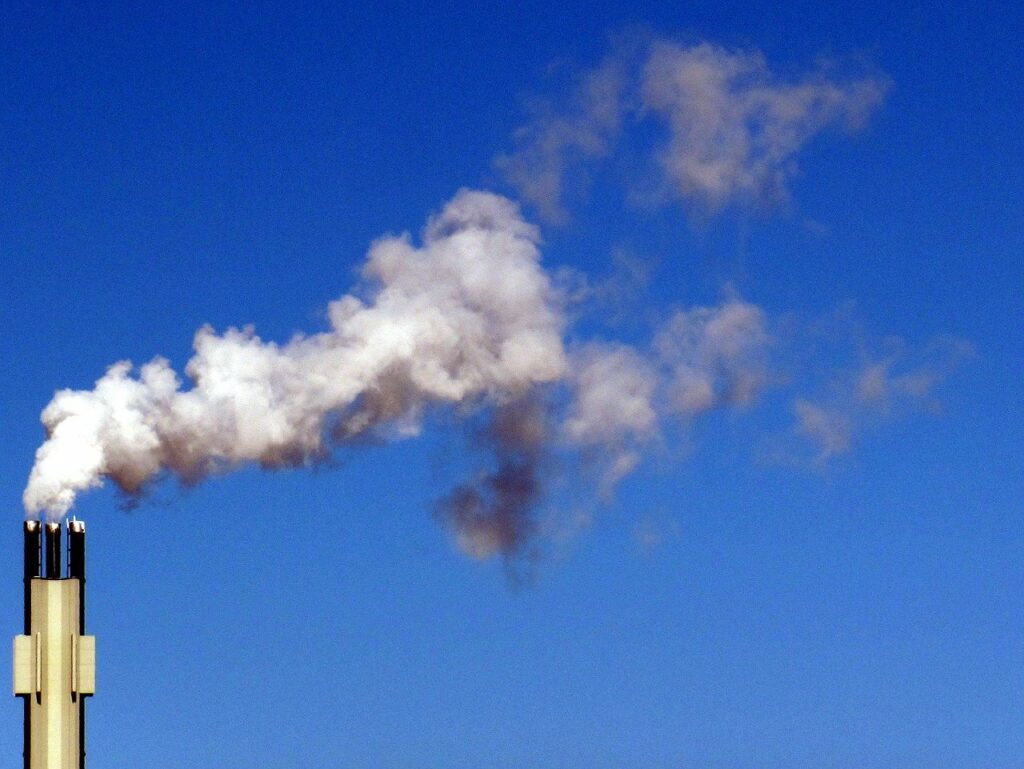Innovation is needed to make the switch to low carbon heating affordable, and to ensure that it delivers comparable or superior performance to natural gas boilers.
Currently, the numbers of consumers who would consider switching their heating to cleaner alternatives remains very low, according to a new report by the Energy Systems Catapult.
Just 49% of those surveyed said that gas central heating contributed to climate change, highlighting a key challenge for the industry. Beyond this, less than 20% of people said that they’d consider switching to a low carbon alternative such as a heat pump.
The Energy Systems Catapult recommended that innovation would be necessary in the heating sector to ease the transition.
The report, released on Friday using research gathered in January, looked at perceptions of climate change and the activities needed to combat it. While 75% of the 2,000 people surveyed stated that climate change was a big problem, how to combat it was less firm.
Cost was seen as prohibitive for a number of the sectors the report looked at, including transport. While consumers were far more aware that transportation contributes to climate change, only 22% said they were likely to switch from a petrol or diesel vehicle to an electric vehicle (EVs).
The report found that 54% of people think that EVs are put off by excessive cost, while 45% of people cited the lack of ease and 43% said that the inconvenience of an EV was a barrier.
There has been progress however, with increasing numbers of chargers being rolled out and a growing interest in EVs, including sales of battery EVs soaring in March 2020 to 11,694, tripling new registrations.
But more needs to be done, with a report by EV charging company Connected Kerb recently suggesting that up to 40,000 chargers would need to be installed per month between now and 2035 for every motorist without private parking to have access to a dedicated charger.





